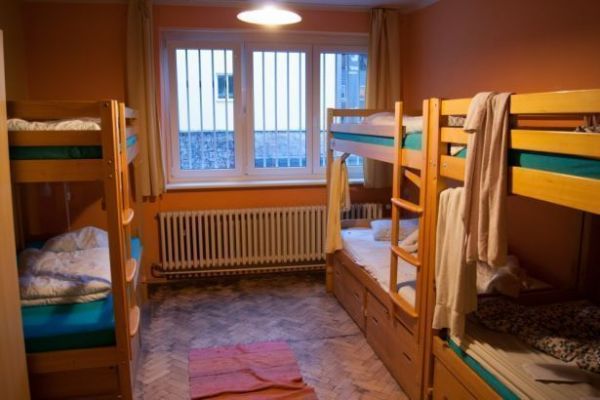Dublin-based accommodation booking platform Hostelworld has issued an update on how the challenges presented by the COVID-19 outbreak are affecting its business.
When its preliminary results were released on March 4, Hostelworld estimated that the COVID-19 crisis would cause a €3 million to €4 million reduction in its Q1 2020 earnings before interest, tax, depreciation and amortisation (EBITDA) However, the company said that since early March, booking trends have continued to deteriorate as a result of the pandemic, and while it took immediate steps to mitigate the financial impact, Hostelworld now expects to experience an overall EBITDA reduction of approximately €5 million in Q1 2020.
COVID-19 Risk Management
Hostelworld stated that the well-being of its employees, customers and hostel partners remains its top priority.
On March 13, Hostlworld implemented a full working from home policy for all of its employees in Europe.
Cash Conservation Measures
Hostelworld said that, with currently having in excess of €20 million of immediately available cash on hand, its net cash position remains strong,
The company has no debt obligations.
On March 24, Hostelworld's deferred revenue, reflecting customer deposits made under the free cancellation booking product, amounted to €2.5 million. Hostelworld said that while the rate of cancellation under this booking option has increased due to changes in travel patterns in response to the COVID-19 pandemic, the company is working to minimise any negative cash-flow impacts to the business by offering credits in lieu of cash refunds.
Given the current focus on cash conservation, Hostelworld has decided to cancel its proposed final dividend of 2.1c per share (representing a €2 million cash outflow), in respect of the financial year to December 31, 2019.
Variable costs in the business relate primarily to paid performance marketing channels. While reducing
overall marketing spend, Hostelworld is actively optimising any expenditure across these channels to match investments with near term revenue.
Hostelworld's fixed costs are mainly comprised of staff costs and other administrative costs. The company said that while it continues to progress against its "roadmap for growth" initiatives, it has implemented various measures to
reduce near term costs and conserve cash.
FY20 Outlook
Hostelworld said that, as a result of the significant uncertainty surrounding the impact of the COVID-19 pandemic, it is too early to predict or quantify the impact that the pandemic will have on the company's results for the financial year ending December 31, 2020.
Hostelworld's board is continuing to monitor the situation and said that it will provide an update to the market as
appropriate.
Hostelworld CEO Gary Morrison commented, "The COVID-19 outbreak has had an enormous impact on the hostelling industry, the wider travel market and the communities we live in. Right now, the Hostelworld team and I are fully focused on supporting our employees, our customers and our hostel partners; just as we have done so over the last 20 years, and will continue to do so for the next 20 years to come. Given the strength of our balance sheet and the initiatives we have taken in recent weeks, I am confident that when this crisis passes, asit inevitably will, we will emerge stronger than ever."
© 2020 Hospitality Ireland – your source for the latest industry news. Article by Dave Simpson. Click subscribe to sign up for the Hospitality Ireland print edition.









